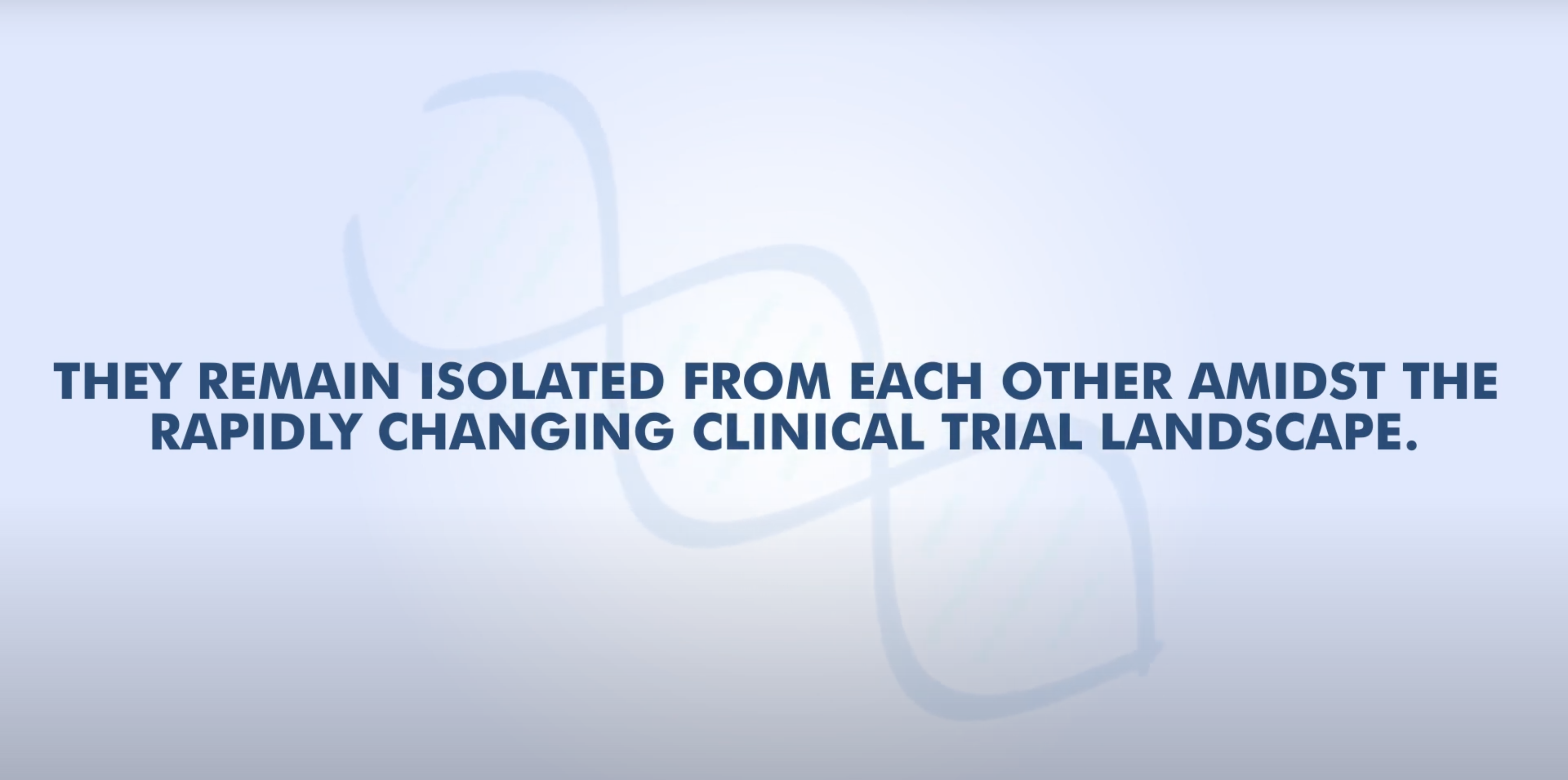Harnessing Existing Genomic Data to Benefit Cancer Patients and Clinical Trials
Diane Galistan, 16 December 2022
The average duration of a clinical trial has increased by 70% from the 1990s to the mid-2000s. It can now take an average of nine and a half to 15 years from initial discovery to FDA approval to develop one new medicine and costs about $2.6 billion. About 85% of clinical trials get delayed, costing anywhere between USD600,000 to 8 million per day.
Drug trials take a lot of time and cost a lot of money with a low probability of success. Only one out of 10 drug candidates reach regulatory approval. Meanwhile, patients whose treatment for cancer is delayed by even one month have in many cases a 6 to 13% higher risk of dying – a risk that keeps rising the longer their treatment does not begin.
But here lies an opportunity to harness existing data and increase its value and productivity to benefit cancer patients and clinical trials.
With this collaboration between Roche, ICON Cancer Centre, and Oncoshot, a patient’s genomic profile is digitised and deidentified, and the process of matching patients to the most suitable clinical trials is accelerated on the Oncoshot platform. Rather than just acting as a dormant database of clinical trials or patients, the platform houses active patient matching in real-time.
When cancer patients currently undergo a genomic testing process, test results are returned in hardcopy to their doctors, who may not be aware of all the clinical trial options available for their patients. By digitising patient profiles and digitalising the trial matching process, we generate a population big enough to study disease trends and characteristics. Each patient genomic profile does more, becoming more productive and valuable.
 After patient genomic profiles are reviewed by oncologists with their patients, they are typically filed away and forgotten. But when united in a large dataset, they can uncover cancer population characteristics and trends that can help bring new therapies to patients faster.
After patient genomic profiles are reviewed by oncologists with their patients, they are typically filed away and forgotten. But when united in a large dataset, they can uncover cancer population characteristics and trends that can help bring new therapies to patients faster.
The challenge today is not data shortage but rather data accessibility. Most high-quality data pertinent to drug discovery is siloed within hospitals and pharmaceutical and CRO companies. The issue is that such data is typically treated as high-value confidential assets that bring a competitive advantage to individual companies. This leaves the amount of available high-quality data for specific health conditions dismal.
We need data scientists in the healthcare system to help make sense of the data to ensure its value is maximised. In oncology, many medicines require testing for particular mutations. This testing needs to be performed over large data sets.
Oncoshot has always thought about our platform in the context of patient access to innovative cancer therapies. This has guided our decisions to ensure we do what is best for the cancer clinical trial ecosystem.
In parallel, we are helping hospitals and industry guide their decisions to ensure they are doing what is best for their patients and therapeutics by making sense of existing data to provide cancer population insights.
Our goal is to positively impact five million cancer patients globally, but we have recognised that we are also building a platform to support the development of tens, ideally hundreds, of drugs in the long term.